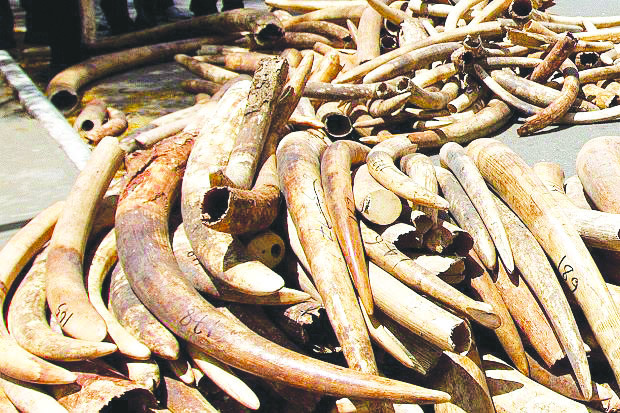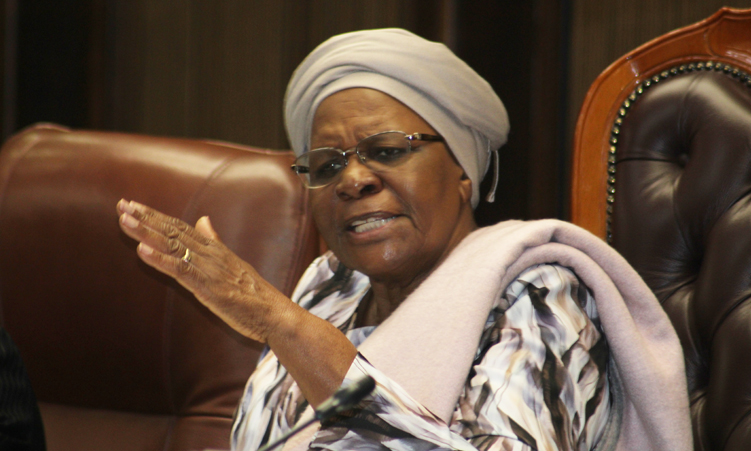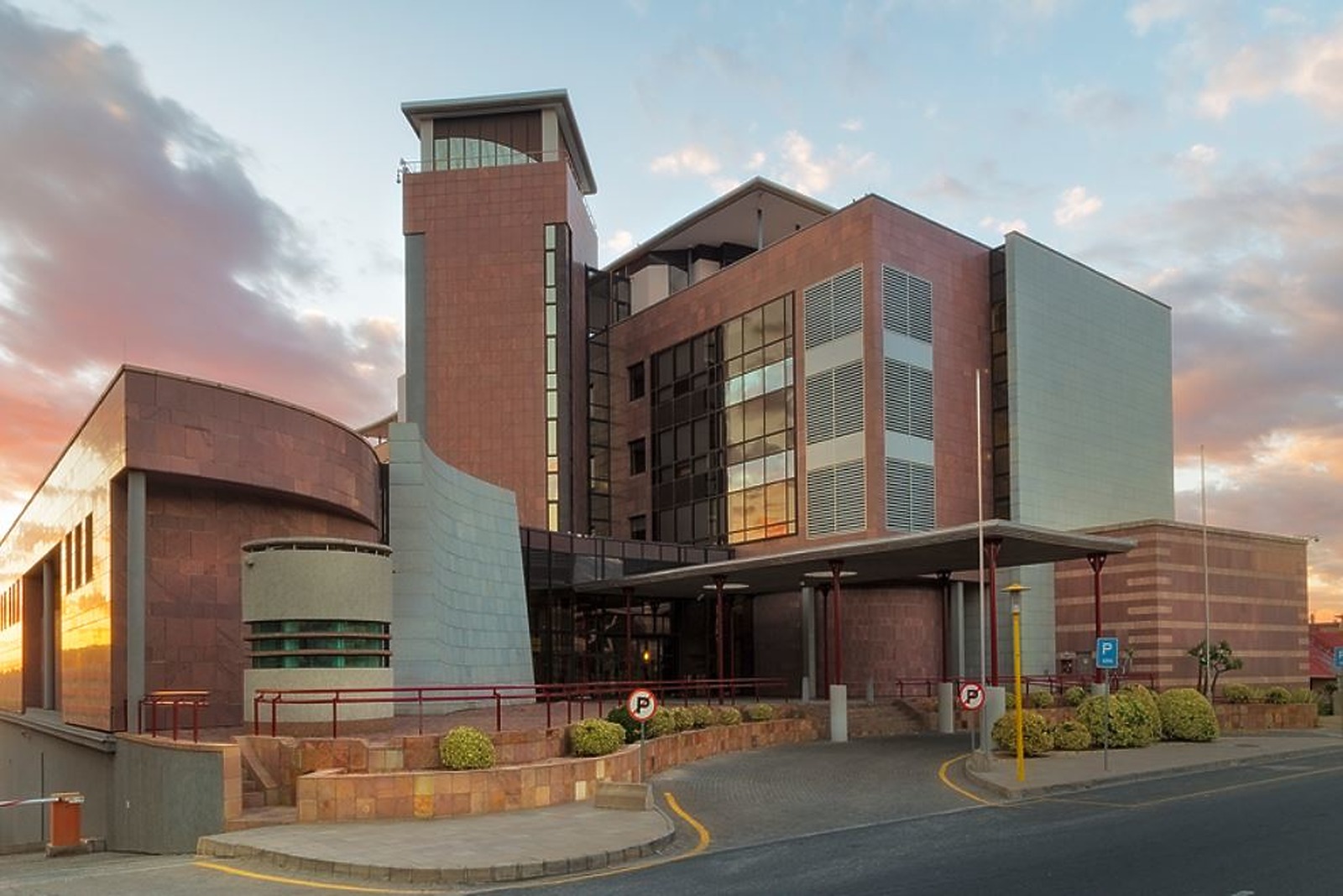THE Ministry of Environment, Forestry and Tourism continues being frustrated by a multilateral treaty that protects endangered species by banning countries from selling their ivory, while their stockpiles grow.
Environment minister Pohamba Shifeta expressed these sentiments in the National Assembly last week. He was responding to questions from Popular Democratic Movement leader McHenry Venaani about the size of Namibia’s ivory stockpile.
“We have a big stockpile of ivory and rhino horns.
“We have been [trying to tell] the world that it is our right to determine what to do with our natural resources,” he said.
During the Kasane Elephant Summit in Botswana in 2019, Namibia and other members of the Kavango-Zambezi Transfrontier Conservation Area (Kaza-TFCA), which is home to the largest population of elephants on the continent (an estimated 61%), agreed to propose that the ban on ivory trade be lifted.
Other Kaza-TFCA countries are Zimbabwe, Zambia, Angola and Botswana.
At the 18th conference of the Convention on International Trade in Endangered Species of Wild Fauna and Flora (Cites) held later in 2019, Namibia, South Africa, Botswana and Zimbabwe presented the proposal to delegates but it was rejected, with 101 of the 183 treaty members against the reopening of ivory trade in these countries.
According to Shifeta, Namibia and other southern African countries have since been lobbying for the lifting of the trade ban.
“We are in the process still and it’s a protracting legal process that has some contestation. But we are determined.
“We are also looking at the domestic laws – which are clear. We just now have a problem with the convention,” he said.
International organisations and Western countries have in the past suggested that Namibia should burn its large ivory stockpile to thwart potential security risks posed by keeping a large stockpile of the high-value resource.
However, the country has been vehemently against this, stating that the proceeds of the ivory sale could be better used for conservation and community development.
“As a country, we do not have any provision in our laws which permit as to to destroy our natural resources.
“I’ve said that those who feel we should destroy this treasure because of the cost of maintenance […] can come and buy the ivory and burn it themselves,” Shifeta said.
Furthermore, he said Namibia continues to heavily safeguard the stockpile by ensuring round-the-clock public and private security, and secrecy around the location of the storage banks.
“[The ivory] is transported exactly the way money is transported. It is strongly and properly guarded and they don’t keep them [in one place] for long.
“Those who have keys [to the banks] are not known. We have kept their identities private. And we don’t advertise the whereabouts of the banks,” he said.
Venaani said he is in support of not burning the ivory, however, he did raise concerns about the safekeeping of the stockpiles.
“How safe is the stockpile, because we have seen in other ministries, especially the ministry of home affairs where money that is stored from proceeds of crime being restolen by some members of the forces,” he said.
Namibia’s ivory stockpile is made up of tusks confiscated from smugglers and poachers, as well those that were legally procured by the government through conservation hunting, dehorning, or from elephants which had died of natural causes.
Stay informed with The Namibian – your source for credible journalism. Get in-depth reporting and opinions for
only N$85 a month. Invest in journalism, invest in democracy –
Subscribe Now!










